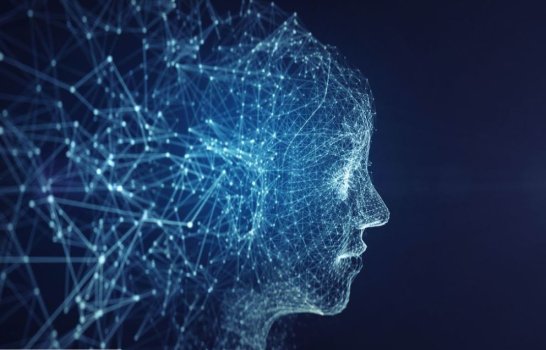Artificial intelligence sounds futuristic, but it’s already all around us (yes, talking about you, Alexa). It powers a variety of sometimes-amazing, sometimes-annoying aspects of everyday life, like autofill and Amazon product recommendations. It’s also a burgeoning area in health care—so what does that mean for your life?
How AI can be used in health care
Here’s an example of how AI works to make time-consuming tasks simpler for people: In radiology, physicians are trained to analyze x-rays, CT scans, and other images for abnormalities; this requires individual study of hundreds of thousands of images to become familiar with what’s normal and what’s not. Computers can now be used to translate an image into data, compare that data against a larger data set comprised of both normal and abnormal images, and produce a quantitative assessment of potential abnormalities. Recent studies have shown that some AI algorithms perform as well as radiologists in analyzing mammograms for breast cancer, and when used by radiologists as an aid, they can enhance diagnostic accuracy.
In dermatology, another specialty that relies on image recognition, there is similar enthusiasm for the use of AI in diagnosing serious skin conditions, including cancer. Melanoma is the fifth most common invasive cancer in the US, and it is the leading cause of death from skin cancer. Early detection is crucial, and most lesions are identified when a dermatologist performs a total body skin examination as a screening test. One study showed that a computer algorithm that had been trained with a data set of almost 130,000 images successfully distinguished malignant melanoma from benign lesions with accuracy comparable to a human dermatologist.
Continue reading: https://www.prevention.com/health/a36476297/could-artificial-intelligence-diagnose-skin-cancer/
How AI can be used in health care
Here’s an example of how AI works to make time-consuming tasks simpler for people: In radiology, physicians are trained to analyze x-rays, CT scans, and other images for abnormalities; this requires individual study of hundreds of thousands of images to become familiar with what’s normal and what’s not. Computers can now be used to translate an image into data, compare that data against a larger data set comprised of both normal and abnormal images, and produce a quantitative assessment of potential abnormalities. Recent studies have shown that some AI algorithms perform as well as radiologists in analyzing mammograms for breast cancer, and when used by radiologists as an aid, they can enhance diagnostic accuracy.
In dermatology, another specialty that relies on image recognition, there is similar enthusiasm for the use of AI in diagnosing serious skin conditions, including cancer. Melanoma is the fifth most common invasive cancer in the US, and it is the leading cause of death from skin cancer. Early detection is crucial, and most lesions are identified when a dermatologist performs a total body skin examination as a screening test. One study showed that a computer algorithm that had been trained with a data set of almost 130,000 images successfully distinguished malignant melanoma from benign lesions with accuracy comparable to a human dermatologist.
Continue reading: https://www.prevention.com/health/a36476297/could-artificial-intelligence-diagnose-skin-cancer/

